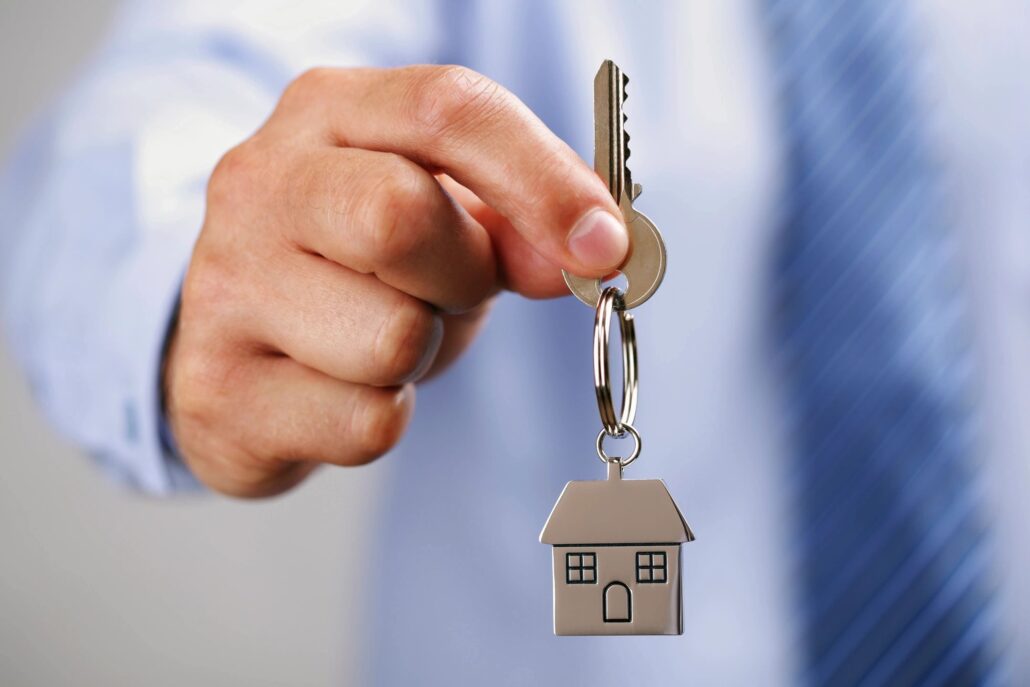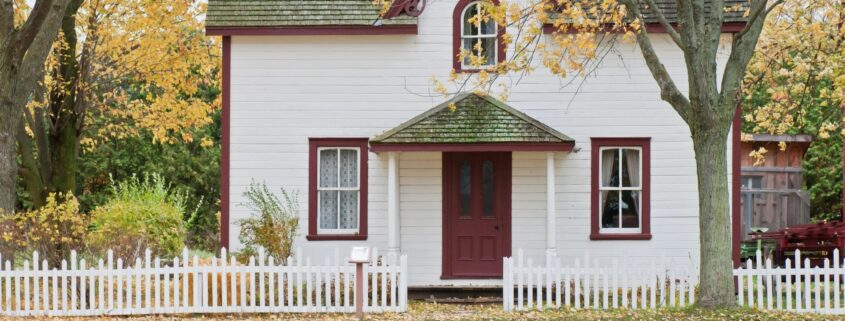How Much Cash Down For a First Home in Cary?
Cary, NC — You’ve run the numbers and are tired of paying someone else’s mortgage. Interest rates are historically low and you are ready to own your own home.
So, the big question is, “How much cash-on-hand does a first-time homebuyer realistically need to purchase a home in Cary?” Let’s start with an overview of the process.
Establish Your Starting Line
It’s important to lay the groundwork for a successful home purchase. In today’s competitive housing market, no offer will be considered without a preapproval letter from a lender if you are planning to finance your purchase, or proof of funds otherwise.
I hear a number of misconceptions about the “correct” way to finance a home. One of the most common is that you need to have 20% of the purchase price saved for a down payment. While you can avoid having to pay for private mortgage insurance with a 20% down payment, 20% is unrealistic for many people.
In fact, in a rapidly appreciating market like Cary, you will likely earn more in equity appreciation than you will save in private mortgage insurance, another reason not to get too caught up over a 20% down payment.
Work With a Local Lender

When choosing a lender, though it might be tempting to go the online route, first-time homebuyers may find greater value in having someone to speak with personally. Getting preapproved will take some time and effort on your part. Your lender will typically request two years of tax returns, bank statements, employment verification, and other documents specific to your financial situation. Having a local lender to walk you through it can be helpful.
Realistically, a first-time homebuyer should expect to bring 5.5-7.5% of the purchase price to the transaction on the front end.
On a $300,000 purchase, for example, you can safely expect to need $16,500-$22,500.
A Break Down of the Numbers
For a conventional or FHA loan, the minimum down payment is going to be 3-3.5% and you will have closing costs of 2-4%. While the down payment goes toward the purchase price, the closing costs cover all the other expenses involved in the transaction. The closing attorney will perform a title search for a cost of around $1,000.
Your first 12 months of homeowners insurance, and possibly your property taxes and HOA dues, will need to be prepaid. You will also pay for a home appraisal prior to closing, as well as lender’s title insurance. Owner’s title insurance may be a consideration, as well, yet is at your discretion.
Once you submit an accepted offer on a property, you can expect to put down a large due diligence payment and earnest money deposit, though both will be credited to your purchase price with a successful close. You are also going to need some funds to cover a home inspection of the property. If there is a major issue, it’s best to discover it prior to closing on the house.
A typical North Carolina home inspection is going to involve three elements — a general home inspection, pest inspection, and radon testing. If the house you are interested in has a well and septic system, you can also expect to perform inspections for these and other items. Typically, this three-element inspection is going to cost between $650-$750. This is money well spent to protect your investment.
Prepare for Closing

Finally, what should you expect to pay for your real estate agent’s services? Good news – aside from perhaps a small administrative fee, the buyer’s agency commission is paid by the seller in the form of a shared commission with the seller’s agent.
Your agent will serve as a guide for the complete transaction, helping you understand how much to offer, providing timelines and help with inspections and other services, as needed, and handling negotiations throughout the transaction. The experience your agent brings to the transaction will pay for itself numerous times and help you successfully navigate the home buying process.
So, in summary, how much cash-on-hand do you really need to make a home purchase? Once you know what you are preapproved to purchase, factor in about 7.5% for your downpayment and closing costs and that should do it. Setting aside 10% will give you a greater safety margin and help you navigate the transaction with ease.
Story by Todd Harrison, Broker at Todd Harrison Realty.
All the Cary news for the informed Cary citizen. Subscribe by email.




Extra cash might also be needed to make up difference if appraisal value is more than contract purchase price.
Oh sugar..typed too quickly. It’s the other way around … of appraisal value is less than purchase price. Lenders will only do loan at purchase price.
Very informative. I still think it’s good to have a higher downpayment because as you play with the numbers, having a lower monthly mortgage is important too. When we purchased our homes, we started with the premise of how much did we want our mortgage payment to be and worked backward to come up with a price of a home we could afford.
Also remember, the better your credit score, the better mortgage rate you will get.